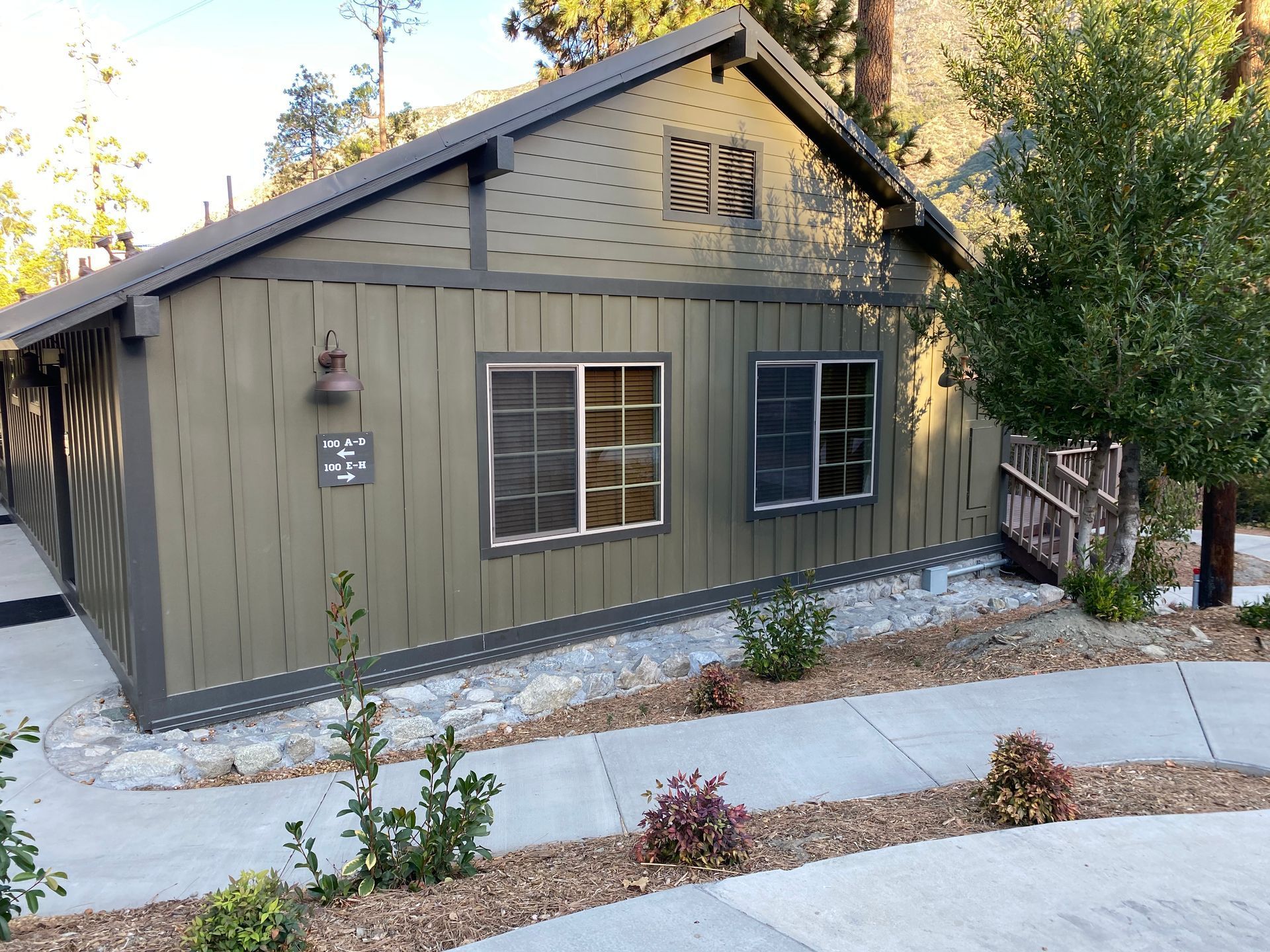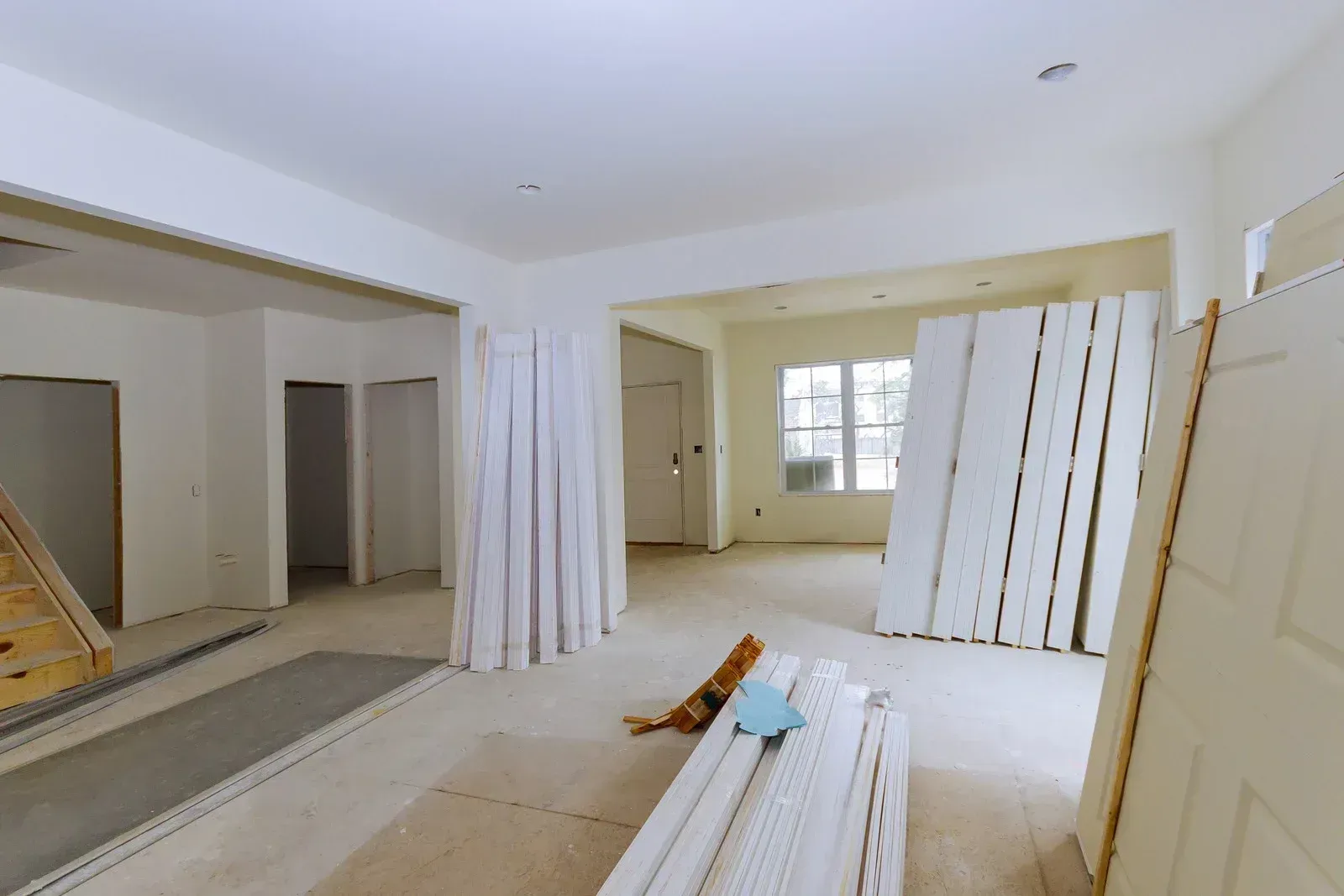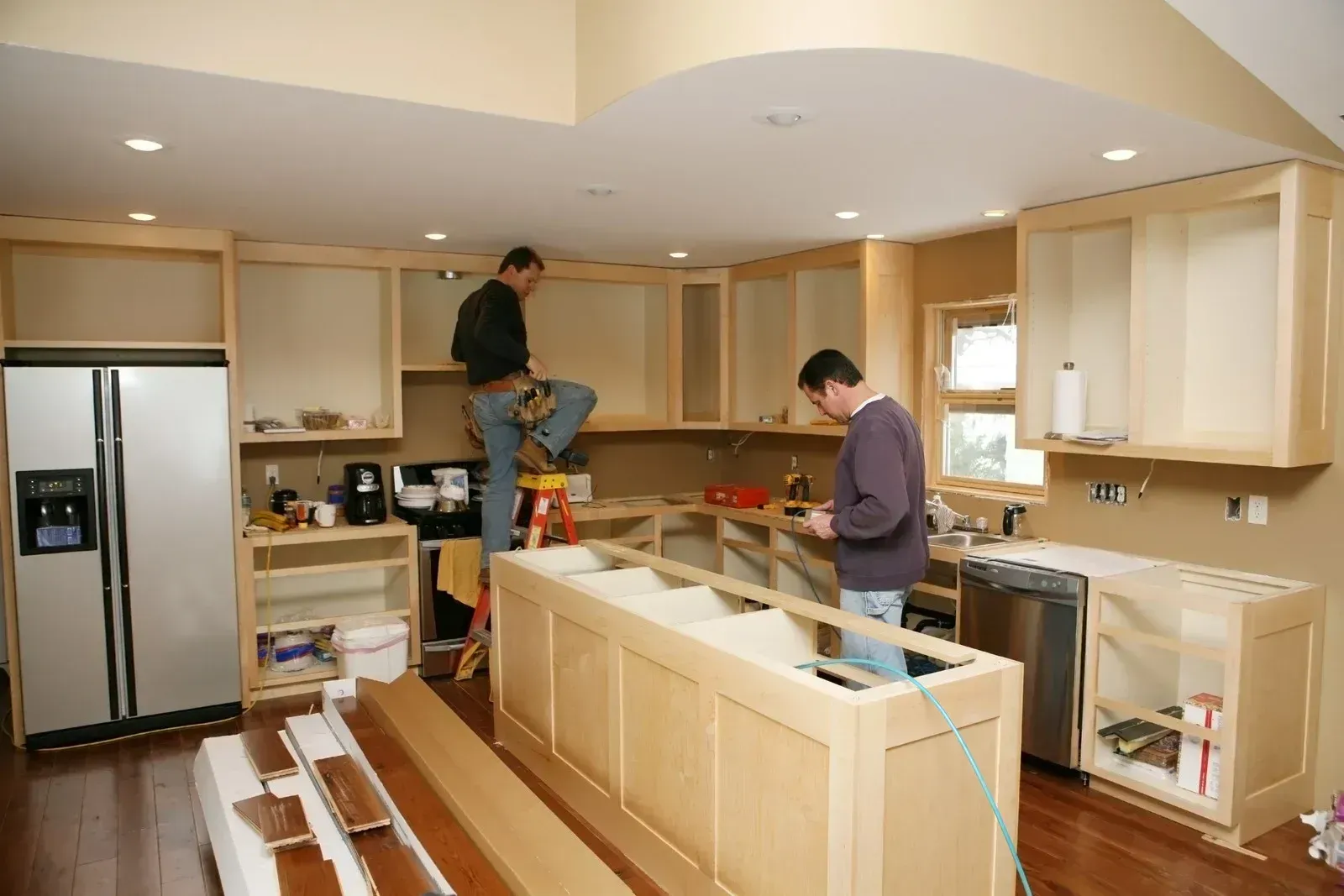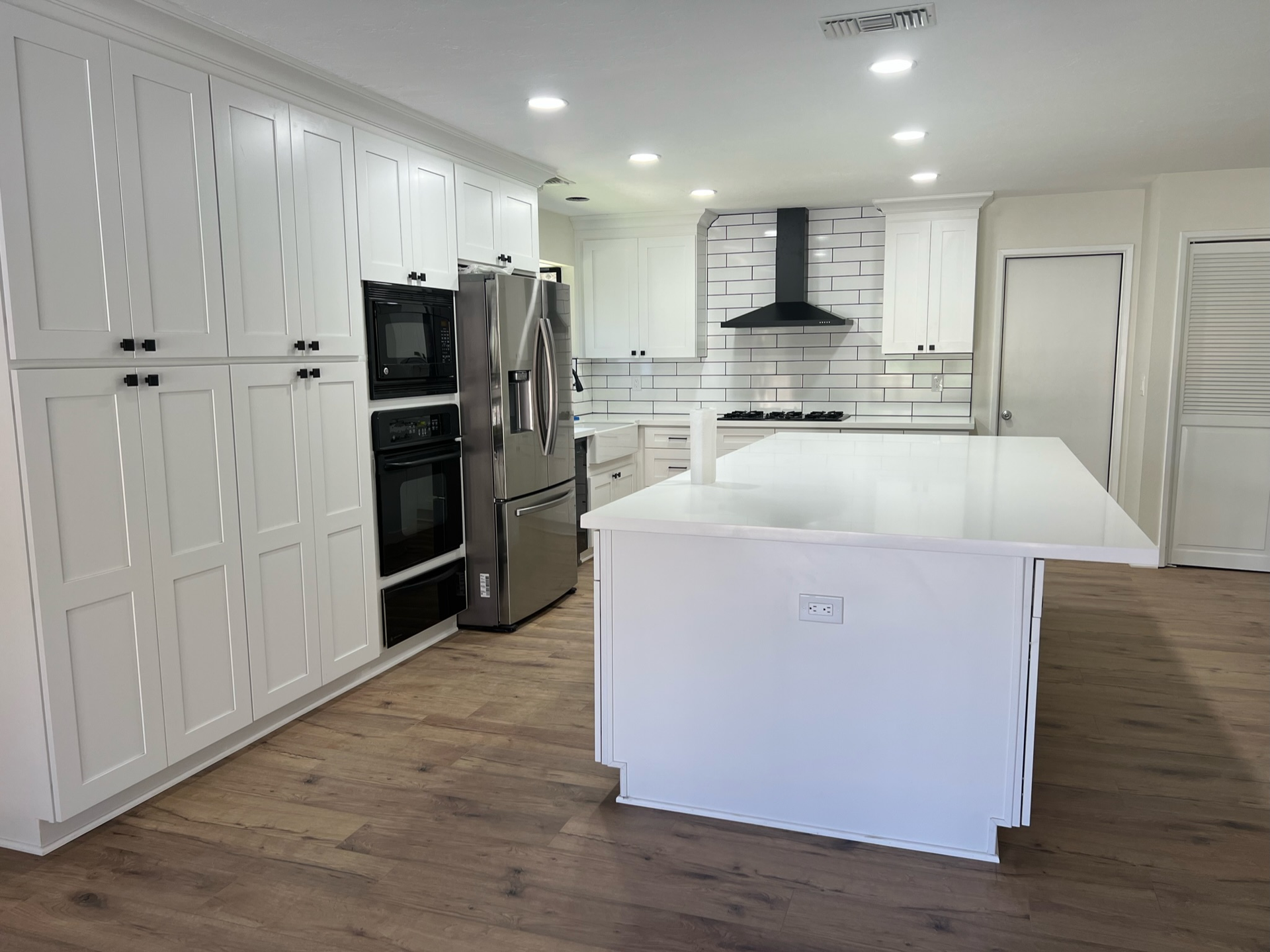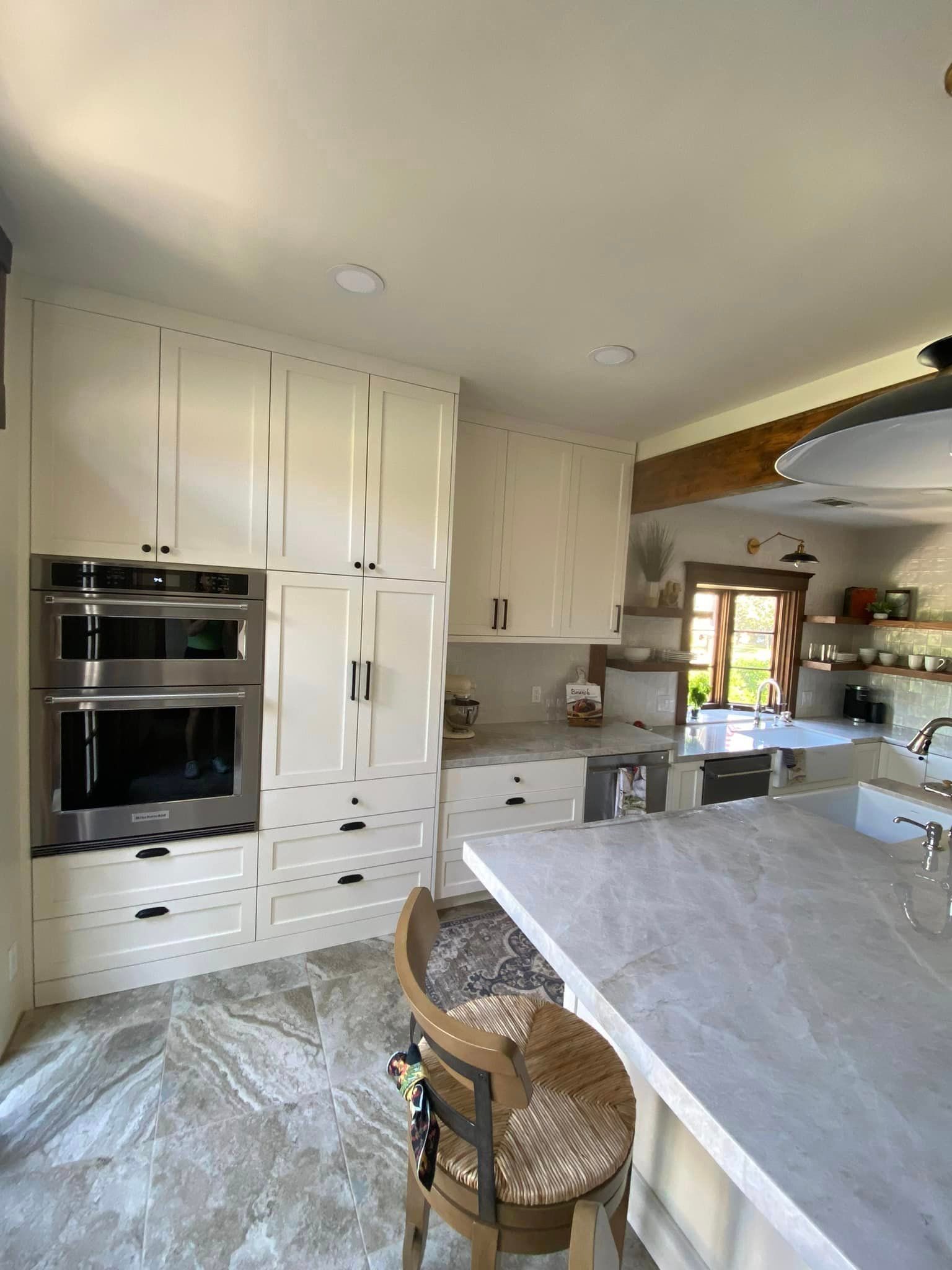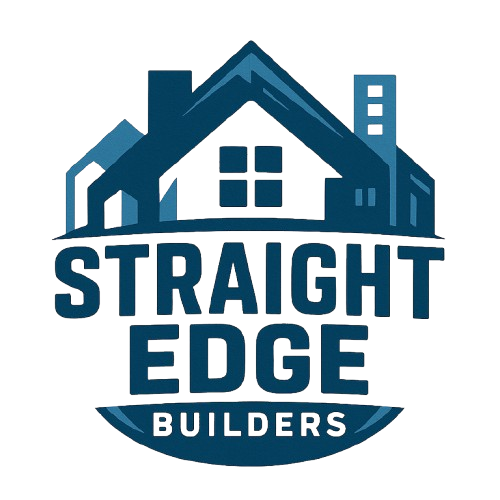5 Factors That Influence The Cost Of A Professional Kitchen Remodel
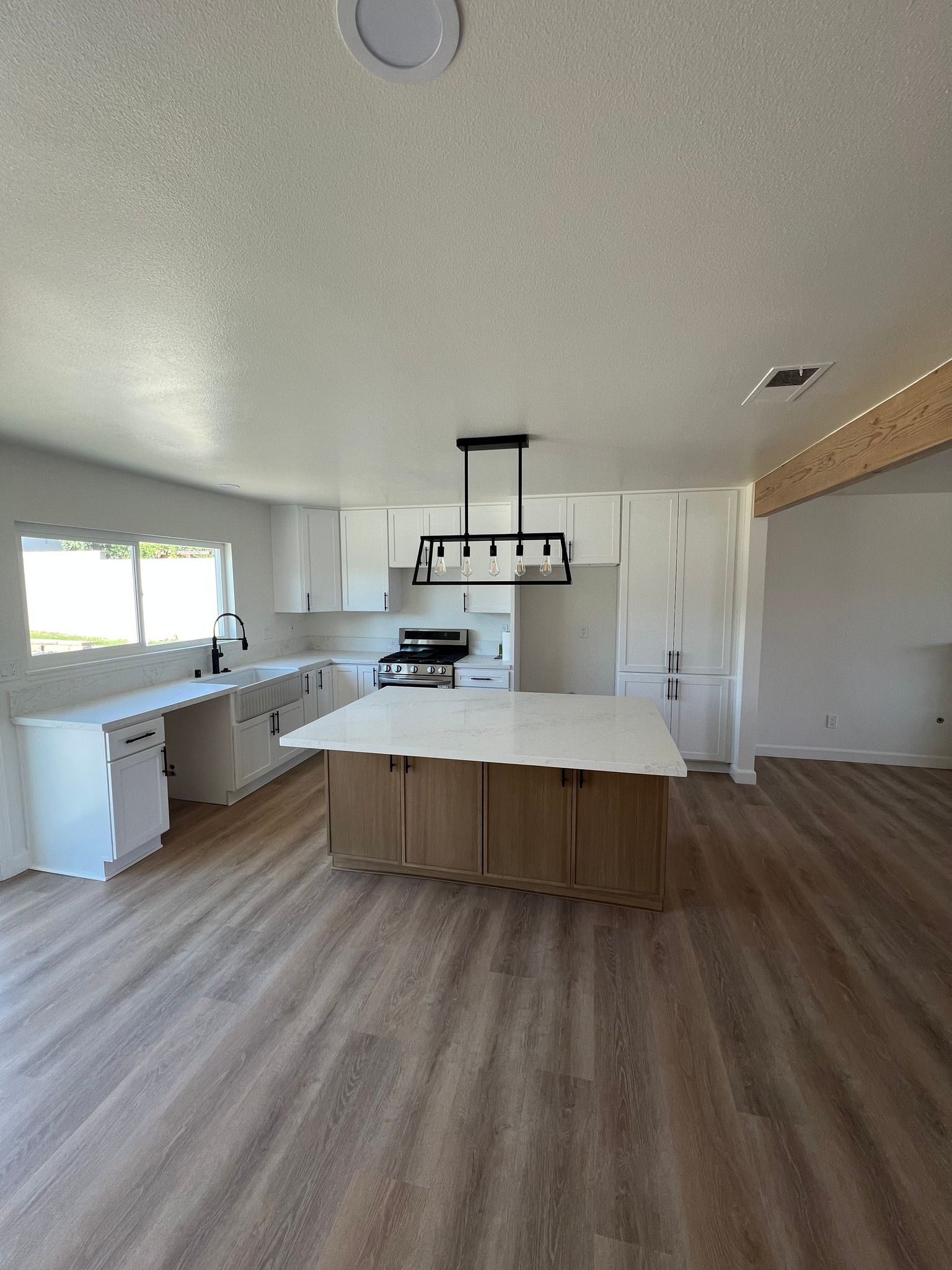
A kitchen remodel often becomes the most rewarding project in a home, yet it can also be one of the most costly. The price depends on a wide range of decisions, from the size of the space to the finishes you select. Homeowners who understand the factors that shape the budget gain more control over the outcome and can make smart choices without feeling overwhelmed. To help you plan, here are five key elements that directly influence the cost of a professional kitchen remodel.
1. Size Of The Kitchen
The overall size of your kitchen has a major effect on how much you spend during a remodel. A small kitchen may require fewer cabinets, less flooring, and a smaller number of light fixtures, which reduces the overall cost.
On the other hand, a large kitchen often means more square footage to cover, more appliances to install, and longer labor hours. The size also determines the scope of work because larger spaces may allow for an island, extra storage, or multiple prep zones, all of which add to the final expense.
2. Choice Of Materials
Materials hold one of the biggest price differences in any remodeling project. Countertops made from granite or quartz cost more than laminate, while custom cabinetry adds significantly more than stock options. Even the type of flooring you select, such as hardwood, tile, or vinyl, creates a noticeable impact on your overall investment.
High-quality finishes often last longer and provide better value, but they increase the initial outlay. Balancing durability with cost becomes a crucial step when making these decisions.
3. Scope Of Structural Changes
The extent of structural changes heavily affects the price of a remodel. Moving walls, shifting plumbing lines, or rewiring electrical outlets require skilled labor and add complexity. A kitchen that keeps its existing layout usually costs far less than one that undergoes major reconfiguration.
If you decide to expand the space, install new windows, or relocate appliances, expect the budget to climb because of both materials and labor. Keeping changes within the current footprint helps maintain a lower total cost.
4. Quality Of Appliances
Appliances vary greatly in price depending on the brand, size, and features. A standard refrigerator or oven costs less than high-end models with smart technology and premium finishes. Choosing built-in appliances or commercial-grade equipment increases both the purchase price and the installation costs.
While energy-efficient appliances may cost more upfront, they often save money in the long term by reducing utility bills. Selecting appliances that match your lifestyle and cooking habits is key to balancing quality with budget.
5. Labor And Professional Services
The cost of skilled labor is one of the most important elements in a kitchen remodel. Hiring licensed contractors, electricians, and plumbers ensures safe and professional results, but it adds a significant portion to the overall expense. The number of workers, the duration of the project, and the level of expertise all influence the final figure. Although cutting corners on labor may seem appealing, quality workmanship prevents costly mistakes and ensures your remodel stands the test of time.
Conclusion
A kitchen remodel involves many choices, and understanding the factors that shape the budget helps you make confident decisions. From the size of the space to the type of materials, appliances, and labor, each element plays a role in the outcome. Straight Edge Builders offers professional kitchen remodeling services in Redlands, California, providing homeowners with functional, stylish spaces designed to add long-term value.
